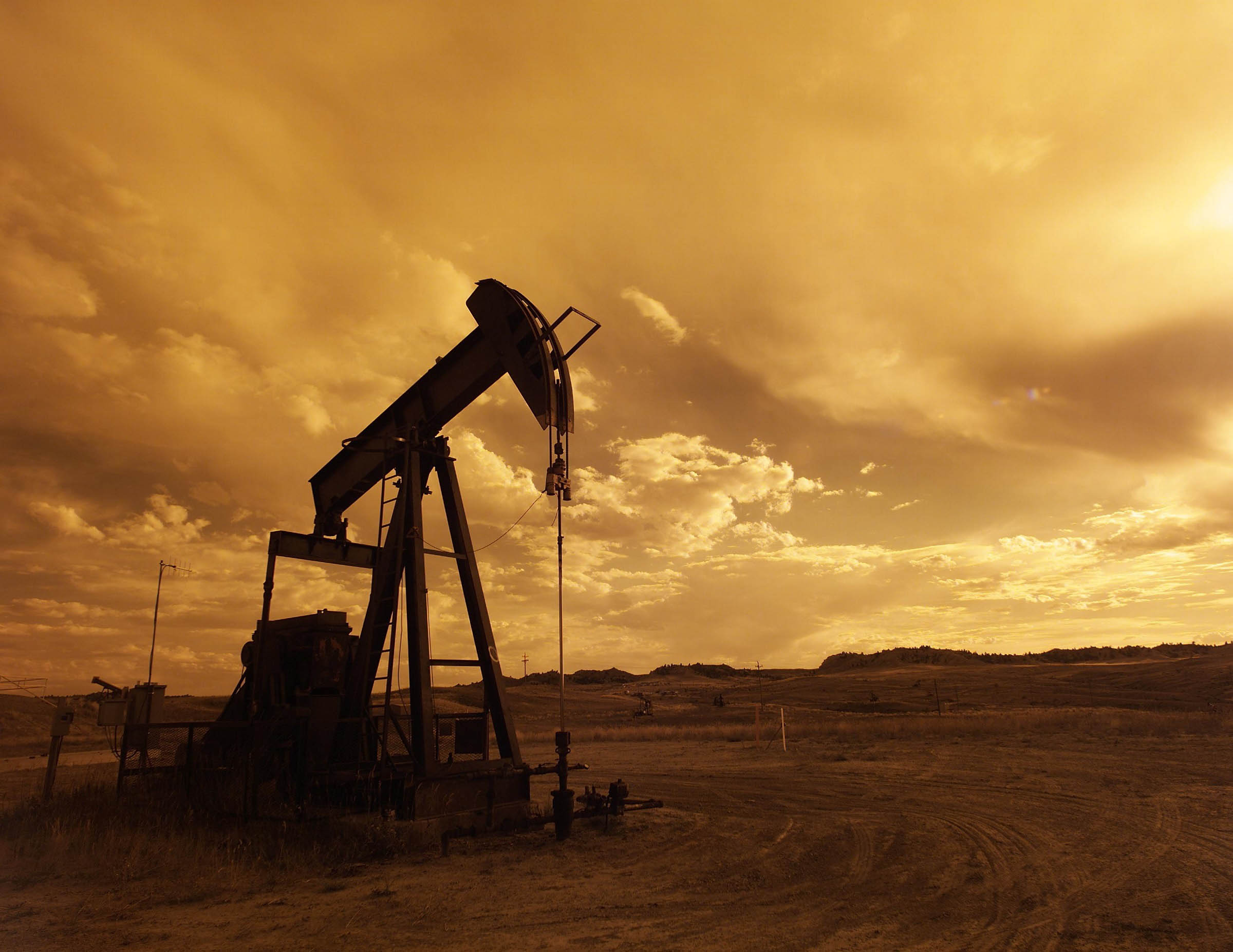 Travel and business slowdowns across the world, in response to the novel coronavirus (COVID-19) pandemic, have caused a sharp decrease in global oil demand and the lowest oil prices in 17 years.
Travel and business slowdowns across the world, in response to the novel coronavirus (COVID-19) pandemic, have caused a sharp decrease in global oil demand and the lowest oil prices in 17 years.
On March 5, members of the Organization of the Petroleum Exporting Countries attempted to reach a deal that would extend the current 1.5 million barrels per day (MB/D) production cut in an effort to shore up prices. The talks failed, however, when Russian and Saudi energy ministers were unable to reach an agreement. Russian officials subsequently announced significant increases in their production levels, with Saudi ministers following suit soon after. In the days following, prices in the global oil markets cratered. Crude prices have now plunged from $61.06/barrel at the end of 2019 to $25.44 per barrel on March 18. Some experts forecast that prices could continue to drop.
Though sparked by a drop in demand due to COVID-19, many say a price war has been a long time in the making as Russia is eager to address the growth of U.S. tight oil production. At current market prices, the majority of U.S. shale-oil producers simply aren’t profitable. While the U.S. shale industry is hedged enough for 2020, most firms are just now starting to hedge for 2021. This means, in the event of a protracted trade war, U.S. producers face a loss of market share, significant cuts to production, layoffs, and significant pain for individual companies leading to the potential for consolidation in the industry.
In an effort to help mitigate the damage to the industry, President Trump announced that the federal government will buy large quantities of crude in order to fill the strategic petroleum reserve. Filling the reserve, which must pass Congress, would represent a demand of 0.5 MB/D for six months at current storage capacity, far short of the existing 6 MB/D surplus, according to Goldman Sachs. A group of U.S. senators has urged Saudi Arabian officials to review their plans to increase production and end the trade war in light of the global COVID-19 pandemic, but with Russia appearing “unlikely to blink,” the kingdom has little incentive to do so.
1) What additional actions can the U.S. government take to support domestic oil production?
Why should the US government support domestic oil production? To address climate change, we want domestic and international extraction of fossil fuels to drop. There are clean alternatives to fossil… Read more »
I absolutely agree. We should be working on phasing out domestic oil production, not perpetuating it. A better question would be “What actions can the U.S. government take to support… Read more »
As the U.S. phases out oil consumption to address the climate crisis, the federal government should be focused on transitioning to a “strategic clean energy reserve” to replace the strategic… Read more »
2) How likely is a protracted trade war?
We’re obviously already in the midst of an oil trade war — if “trade war” is the right term for it. My personal opinion is that it will be just… Read more »
3) What are the main challenges that U.S. tight oil producers will face?
IMO the main challenge that US tight energy producers face is that in view of climate trends, we really don’t want to squeeze out every stubborn drop from every oil… Read more »
It’s not just “some” oil that will need to be left in the ground, it’s the bulk of what’s still there. But if one accepts the premise that use of… Read more »
Speaking just from a technical perspective, one “solution” to the problem that tight oil producers face would be devaluation of the dollar relative to other world currencies by at least… Read more »
What kind of investor tries hard to buy high and sell low? What does it say about the ups and downs of our policy competence when we fall into that… Read more »
Like the other respondents, I really think these are the wrong questions. Most Americans are energy consumers, not producers, and most of the American economy benefits from cheaper, not more… Read more »
America’s O&G industries need nothing but state and local governments to stop actively trying to outlaw them. Crude oil, coal, natural gas, and pitchblende are humanity’s highest EROI energy resources… Read more »